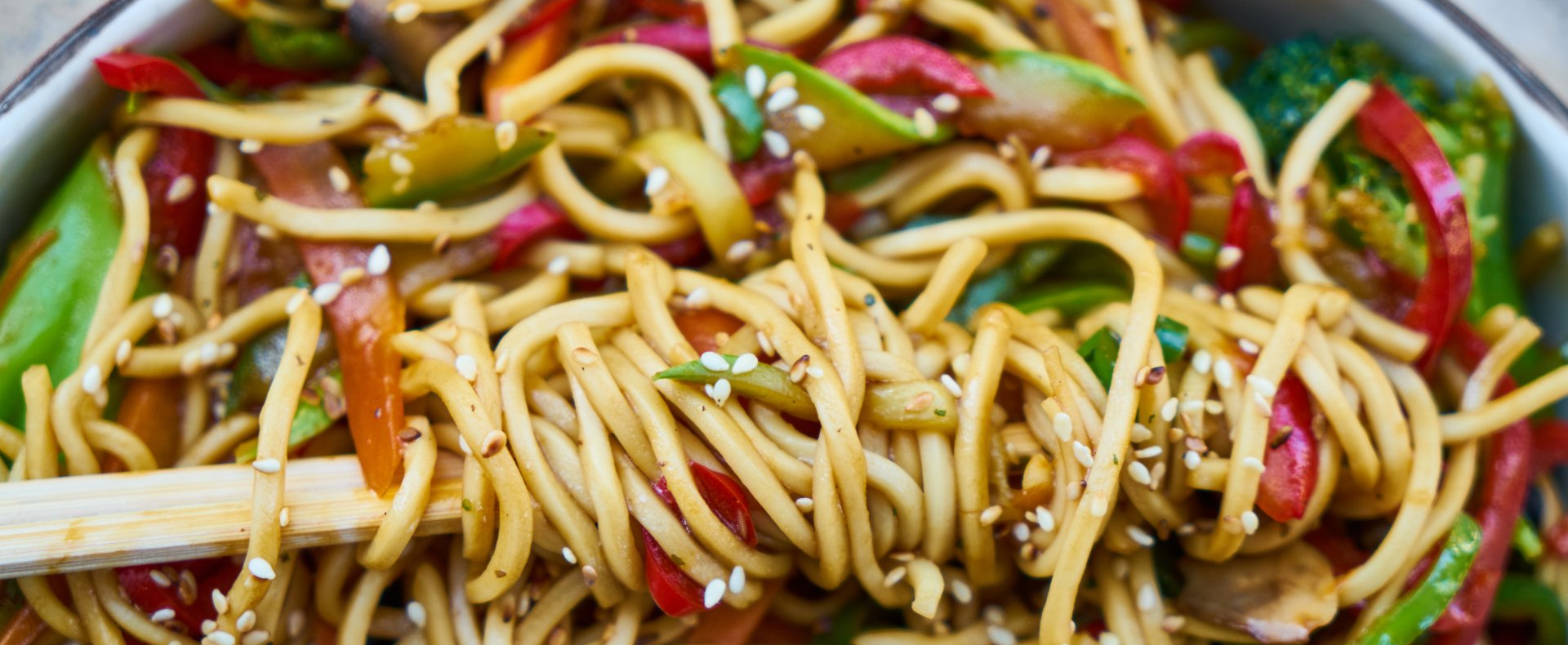The transition to a vegan lifestyle can be made gradually and with purpose for those who no longer want to consume animal products.

People choose to follow a vegan lifestyle for a variety of reasons. Some may be concerned about livestock’s effects on climate and the environment in general, while others have strong feelings about the way animals are treated during the food production process. Still others may have received information from their doctors that a plant-based diet can help reduce their risk for diabetes, heart disease and certain cancers.
Whatever the reason for embracing a vegan lifestyle, individuals should do their research first so their transition is safe and smooth.
Familiarize yourself with vegan rules
Being vegan is different from vegetarian eating. Rather than simply avoiding meat like vegetarians, vegans do not bring any animal products into their homes. This includes eggs, milk, cheese, and any other ingredient derived from animal sources, including honey. Vegan.com says a vegan diet never contains any byproducts of animal agriculture, such as lard, gelatin or whey.
Explore vegan foods
Certain foods are staples of a vegan diet. These include grains, beans, nuts, tofu, tempeh, nut milks, fruits and berries, and vegetables. In addition to these items, a greater number of vegan-friendly products are available to help those who are vegan enjoy their favorite indulgences without compromising their ideals. These include vegan chocolates, “cheeses,” coffee creamers, and more. Most natural food stores and even mainstream supermarkets sell at least one vegan alternative for every popular non-vegan food. Vegan food companies continue to produce delicious and innovative items to make vegan living even more convenient.
Speak with a doctor
Those who want to switch to vegan eating can schedule chats with their doctors about the pros and cons of removing animal products from their diets. This is a safer way to know if there will be any medical complications to doing so. Avoiding animal-based foods does not typically lead to any negative consequences, though individuals may need to rely on supplementation to ensure they get enough vital nutrients in their diets.
Start gradually
Rather than focusing on what a person can’t eat, he or she can be inspired by all of the new products to try and recipes to make at home. This can make veganism seem less like a sacrifice and more like an active choice. One can try switching over for a few weeks to see how he or she feels. Dr. Neal Barnard of the Physicians Committee for Responsible Medicine recommends starting by collecting a couple of plant-based recipes first and trying them out over the course of one to two weeks. Then follow that with a three-week commitment to veganism.


